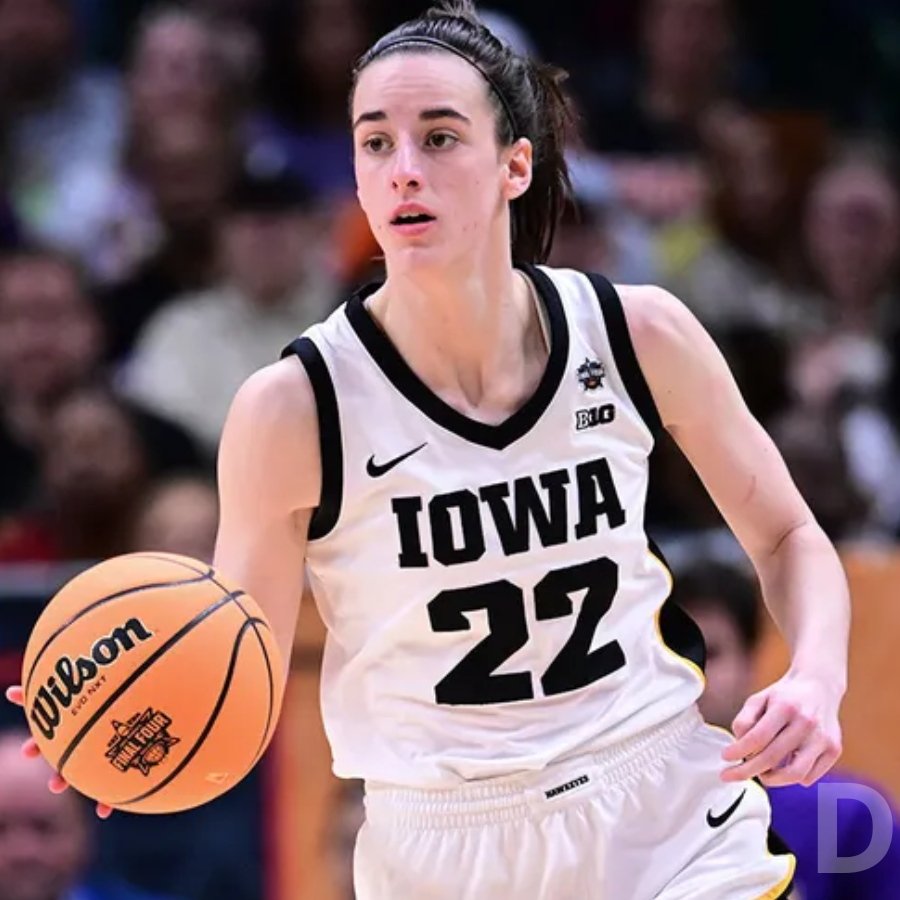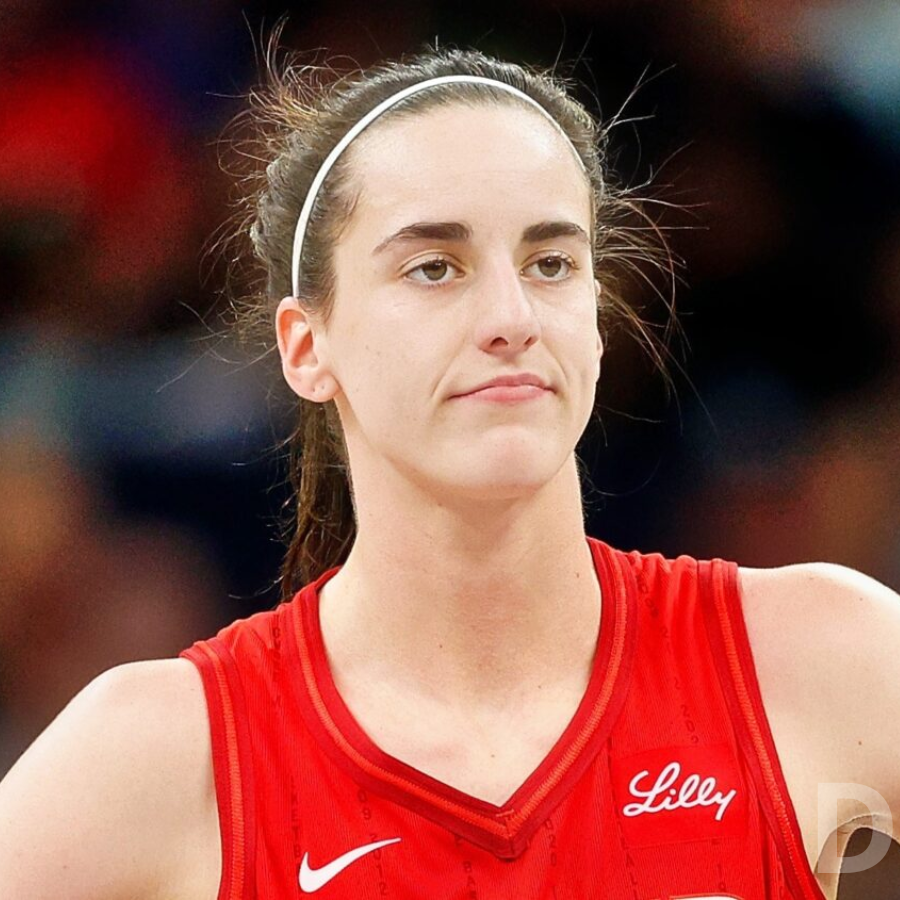The argument for: Clark is not carrying the WNBA on her back, exactly, as much as she’s building on the progress the league spent years making before she came along.
But she is still the league’s biggest draw. Her every move is scrutinized – often by those with an agenda beyond basketball – and, as with every star rookie, opponents work tirelessly to shake her up. But Clark has generally handled the limelight well while still conjuring a bit of magic on the court.
She just became the first rookie in league history to post a triple-double when she produced 19 points, 13 assists, and 12 rebounds in a win against the Liberty on Saturday.
Her prodigious playmaking ability has been on frequent display: Clark is third in the WNBA with 7.4 assists per game, despite playing on a team that was bad enough to get the first overall pick two years running. She’ll only get better from here, so her case for rookie of the year should get stronger as the season winds on.
The argument against: Clark hasn’t been that good. She is an undeniable star, but don’t tell that to WNBA defenders, who have denied her quite a lot.
Her 39.3 shooting percentage is significantly worse than her career average (46.2%) in four record-setting seasons at Iowa. In the four games before Saturday’s sparkling triple-double, Clark shot an ugly 33% from the field and turned the ball over nearly six times a game.
That’s been a recurring problem. Clark’s 122 turnovers through Saturday are well ahead of any other player.
 Perhaps rookie of the rear honors should go to a player who doesn’t so frequently give the ball to the other team – or at least one who has more made field goals per game than she has committed turnovers. (For now, Clark does not, averaging 4.9 made shots from the field and 5.5 giveaways.)
Perhaps rookie of the rear honors should go to a player who doesn’t so frequently give the ball to the other team – or at least one who has more made field goals per game than she has committed turnovers. (For now, Clark does not, averaging 4.9 made shots from the field and 5.5 giveaways.)





